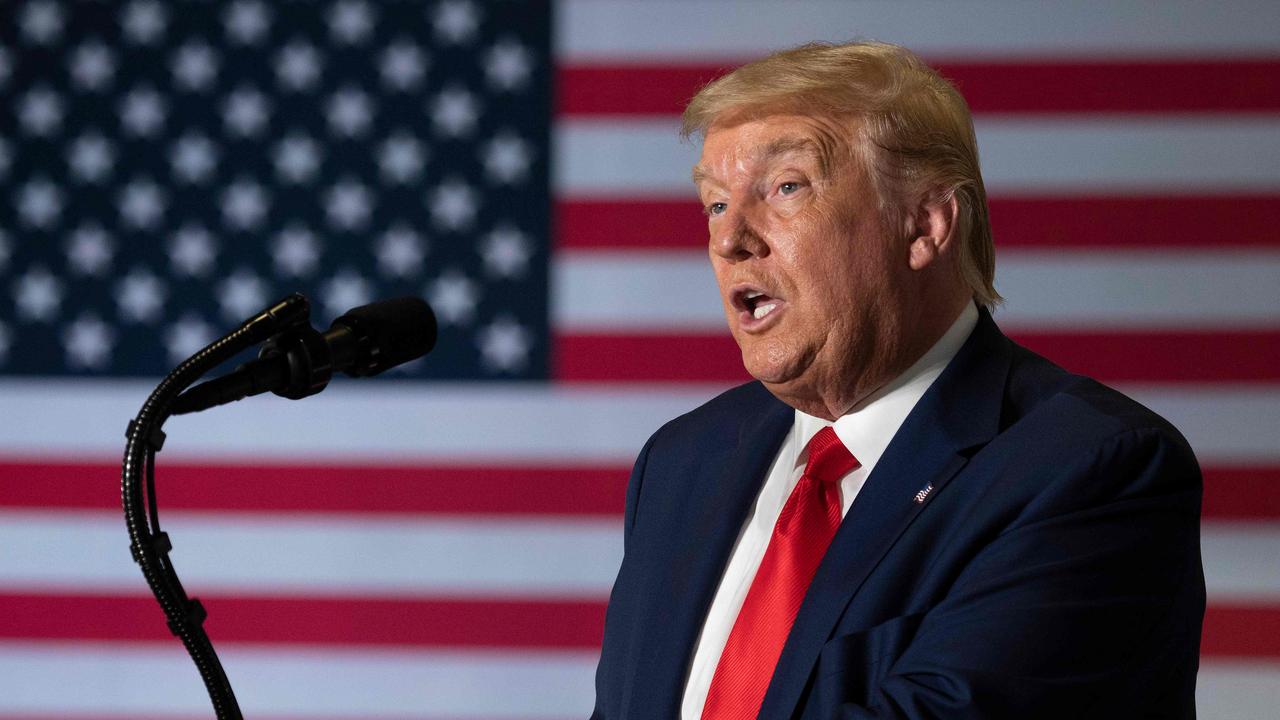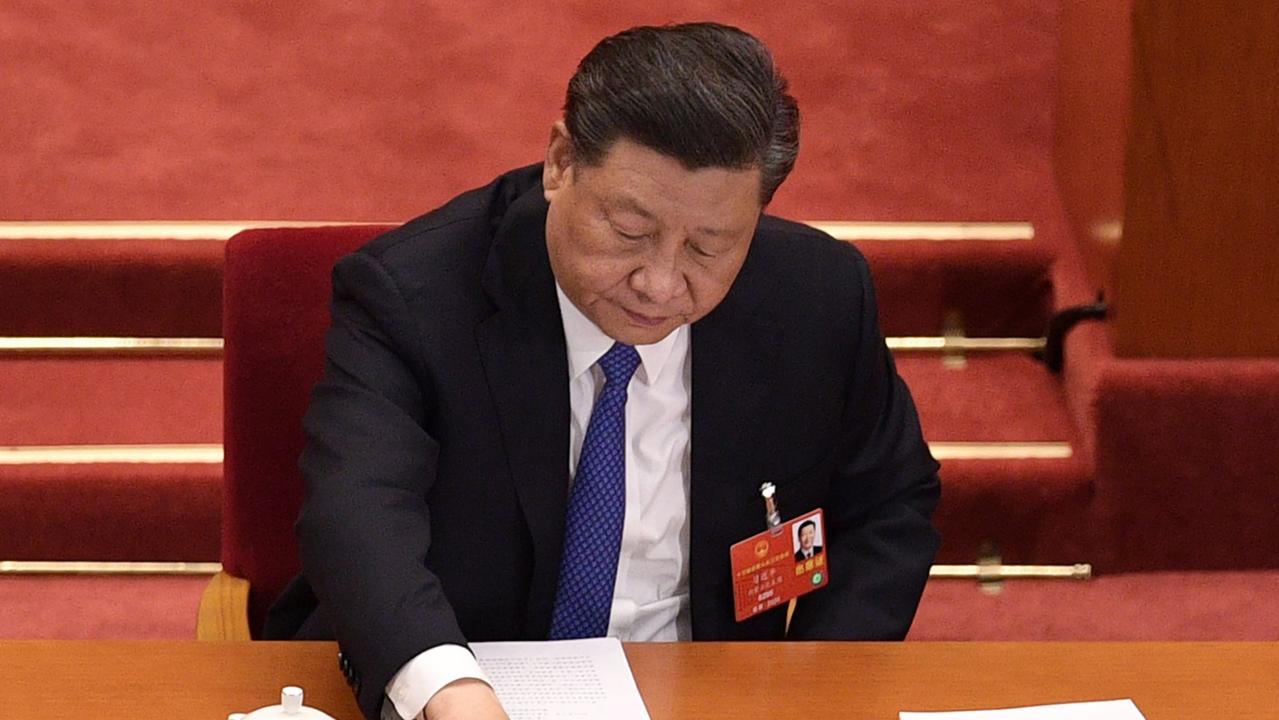‘Gross interference’: Chinese government vows payback against Trump administration over Hong Kong law
China has warned of retaliation after the Trump administration imposed new legislation targeting the Chinese government and Hong Kong.
The Chinese government has warned of retaliation after the United States ended Hong Kong‘s preferential trade status and imposed sanctions on officials who crack down on rights.
US President Donald Trump said he was acting because Beijing had taken away Hong Kong‘s freedom after it imposed a new security law.
RELATED: Trump signs new legislation targeting China
Beijing in turn slammed the decision, threatening to impose sanctions on relevant senior figures and entities in the US.
WHAT DID TRUMP’S LEGISLATION DO?
Yesterday Mr Trump announced he would sign legislation and a new executive order to hold the Chinese Government accountable for its actions against Hong Kong.
The US President also announced that he signed an executive order ending the preferential treatment that Hong Kong has enjoyed since 1984.
“Hong Kong will now be treated the same as mainland China,” he said from the White House Rose Garden. “No special privileges, no special economic treatment and no export of sensitive technologies. In addition to that, as you know, we are placing massive tariffs and have placed very large tariffs on China.”
At the start of July, the US Senate approved its final version of a new law that would punish China for harming democratic freedoms in Hong Kong.

The measure would impose sanctions on businesses and individuals that helped China restrict Hong Kong’s autonomy, which Mr Trump said would give the administration “powerful new tools to hold responsible the individuals and the entities involved in extinguishing Hong Kong’s freedom”.
RELATED: Hundreds arrested at Hong Kong protests
The measure was approved by unanimous consent and was awaiting Mr Trump’s signature.
It comes after the Chinese Government brought a new national security law into effect earlier this month that would further restrict the freedoms of people living in Hong Kong.
The legislation effectively outlawed criticism of China’s government in Hong Kong, marking the most sweeping change to the region since the 1997 handover from the UK back to Beijing.
The Trump administration has been openly opposed to the law, which also bans literature critical of the Chinese Communist Party.
Mr Trump noted he had no plans to speak to Chinese leader Xi Jinping about the announcement.
HOW DID CHINA RESPOND?
China’s foreign ministry issued a strongly worded statement deeming the decision a “gross interference” in its domestic affairs.
It threatened to impose retaliatory sanctions to “safeguard China’s legitimate interests”.
“The US attempt to obstruct the implementation of the national security law for Hong Kong will never succeed,” the statement said.
“We urge the US side to correct its mistakes, refrain from implementing the act and stop interfering in China’s internal affairs in any way. China will firmly respond if the US goes ahead.”
RELATED: Why does China hate Australia and the US?

The legislation marks an increase in tensions between Beijing and Washington, which have been simmering over a range of issues.
The Trump administration has repeatedly blamed China for the unfolding health crisis caused by coronavirus, accusing Beijing of withholding information and allowing the virus to spread as far as it did.
RELATED: Trump doubles down on ‘Kung Flu’ comment
During yesterday’s press conference he reiterated he held Beijing responsible for concealing coronavirus at the start of a now global pandemic and “unleashing it upon the world”.
“Could have stopped it,” Mr Trump said. “They should have stopped it.”
Washington has also criticised Beijing for its illegal territorial claims in the South China Sea, and over trade.



